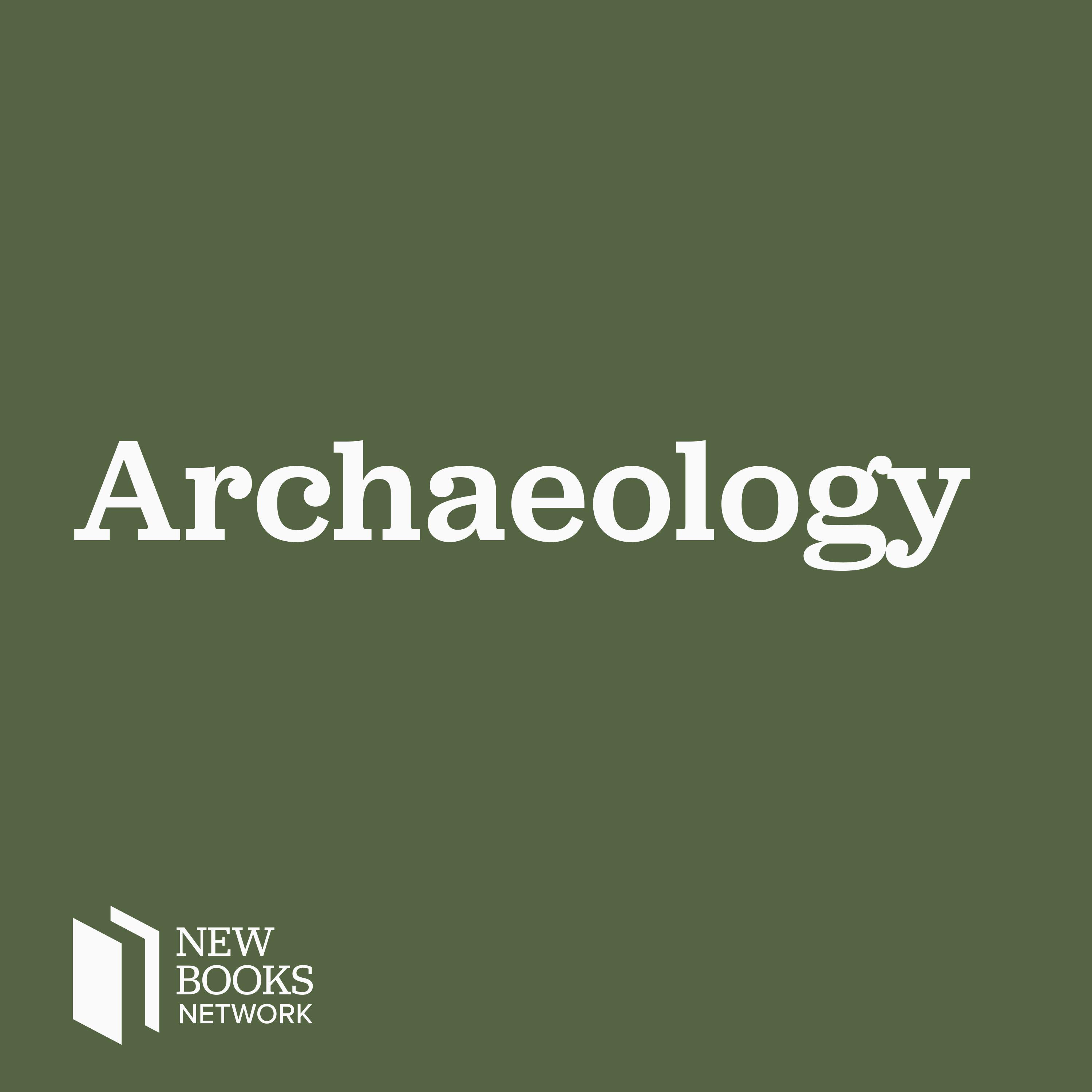Natali Pearson, "Belitung: The Afterlives of a Shipwreck" (U Hawaii Press, 2022)
Description
In 1998, the Belitung, a ninth-century western Indian Ocean–style vessel, was discovered in Indonesian waters. Onboard was a full cargo load, likely intended for the Middle Eastern market, of over 60,000 Chinese Tang-dynasty ceramics, gold, and other precious objects. It is one of the most significant shipwreck discoveries of recent times, revealing the global scale of ancient commercial endeavors and the centrality of the ocean within the Silk Road story.
But this shipwreck also has a modern tale to tell, of how nation-states appropriate the remnants of the past for their own purposes, and of the international debates about who owns—and is responsible for—shared heritage. The commercial salvage of objects from the Belitung, and their subsequent sale to Singapore, contravened the principles of the 2001 UNESCO Convention on the Protection of the Underwater Cultural Heritage and prompted international condemnation. The resulting controversy continues to reverberate in academic and curatorial circles. Major museums refused to host international traveling exhibitions of the collection, and some archaeologists announced they would rather see the objects thrown back in the sea than ever go on display.
Shipwrecks are anchored in the public imagination, their stories of treasure and tragedy told in museums, cinema, and song. At the same time, they are sites of scholarly inquiry, a means by which maritime archaeologists interrogate the past through its material remains. Every shipwreck is an accidental time capsule, replete with the sunken stories of those on board, of the personal and commercial objects that went down with the vessel, and of an unfinished journey. In this moving and thought-provoking reflection of underwater cultural heritage management, Natali Pearson reveals valuable new information about the Belitung salvage, obtained firsthand from the salvagers, and the intricacies in the many conflicts and relationships that developed. In tracing the Belitung’s lives and afterlives, Belitung: The Afterlives of a Shipwreck (U Hawaii Press, 2022) shifts our thinking about shipwrecks beyond popular tropes of romance, pirates, and treasure, and toward an understanding of how the relationships between sites, objects, and people shape the stories we tell of the past in the present.
Like this interview? If so, you might also be interested in:
Elisabeth Kramer, The Candidate's Dilemma: Anticorruptionism and Money Politics in Indonesian Election Campaigns
Edward Aspinall and Ward Berenschot, Democracy for Sale: Elections, Clientelism, and the State in Indonesia
Professor Michele Ford is the Director of the Sydney Southeast Asia Centre, a university-wide multidisciplinary center at the University of Sydney, Australia.
Learn more about your ad choices. Visit megaphone.fm/adchoices
Support our show by becoming a premium member! https://newbooksnetwork.supportingcast.fm/archaeology
More Episodes
Archaeology as a discipline has undergone significant changes over the past decades, in particular concerning best practices for how to handle the vast quantities of data that the discipline generates. As Shaping Archaeological Archives: Dialogues between Fieldwork, Museum Collections, and...
Published 05/19/24
Published 05/19/24
In Xiongnu: The World’s First Nomadic Empire (Oxford UP, 2024), Bryan K. Miller weaves together archaeology and history to chart the course of the Xiongnu empire, which controlled the Eastern Eurasian steppe from ca. 200 BCE to 100 CE. Through a close analysis of both material artifacts and...
Published 05/01/24


